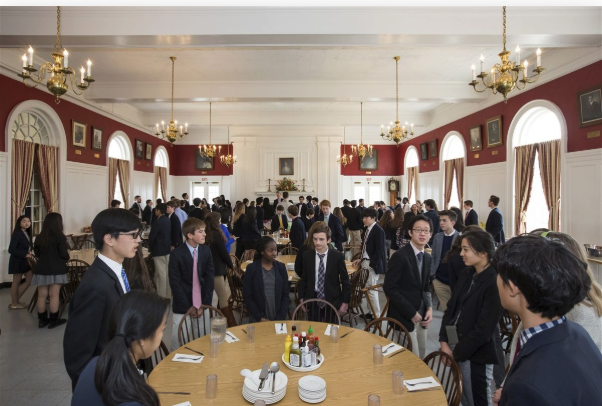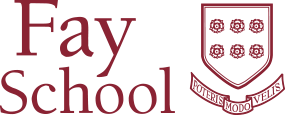
Fast Facts
Founded in 1866, Fay serves 475 students in Pre-K through grade nine on its 66-acre campus in Southborough, Massachusetts.

Mission & Philosophy
The mission of Fay School is to educate each child to his or her full potential through a broad, balanced, and challenging program that establishes a solid foundation for a productive and fulfilling life.

Welcome
Fay's admission team is available to help you with every step of the admission process. Find out more here.

Applying
Click here to read about the steps for admission to our Primary, Lower, and Upper Schools.
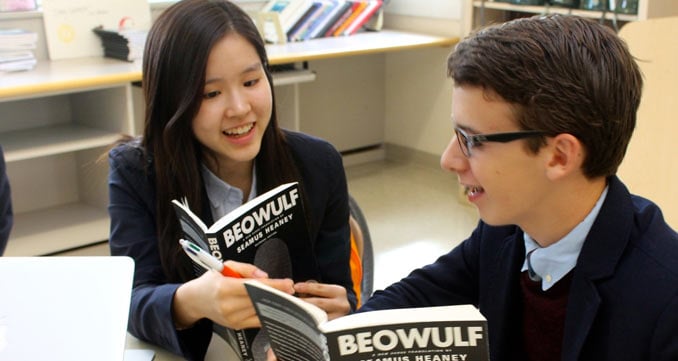
Admission Events

Secondary School Counseling
Fay's graduates are

Effort Grades
A unique hallmark of Fay's program is our system of effort grades, which emphasizes focus, determination and follow-through.
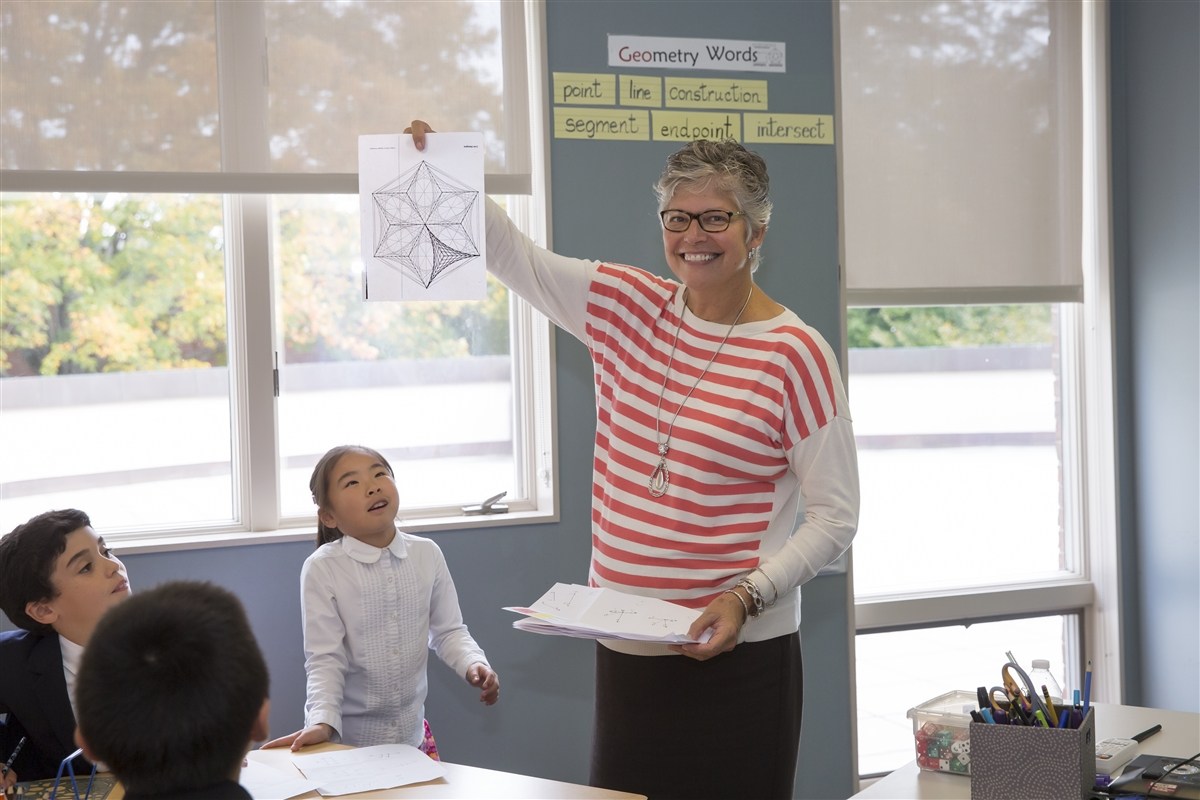
Distinguished Faculty

Athletics Facilities
Take a virtual tour of Fay's athletic facilities, which include a 36-acre athletic campus, gym, batting cages, basketball courts, and more.

Coaches
Fay’s coaching staff is composed of faculty and staff as well as outside specialists, who are committed to supporting our athletes in an atmosphere of challenge and fun.
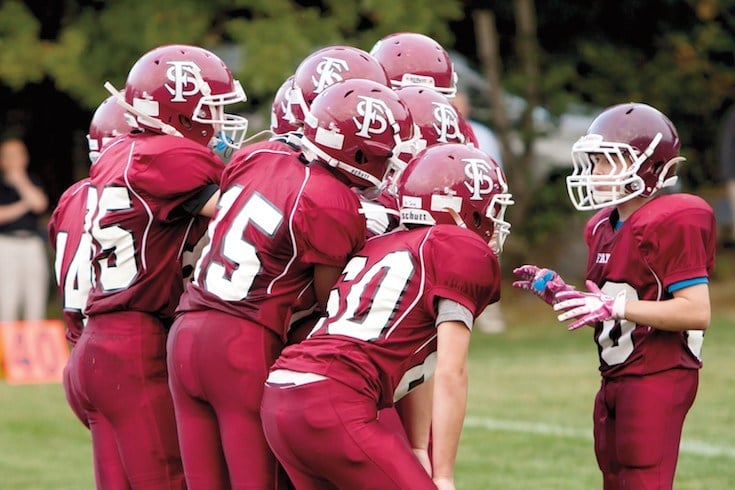
Everyone Plays

The Spirit of Creativity
Fay students build creativity and confidence through courses in art, music, drama, and dance.

Arts Facilities
See our studios, classrooms, practice spaces, and performance venues.

Visit our Virtual Gallery

Character Matters
Fay students learn and grow in a community that emphasizes responsibility, respect, inclusion, empathy, and effort.

Global Community
Fay welcomes students from across the United States and 20 countries. Find out what it's like to be part of a global community.
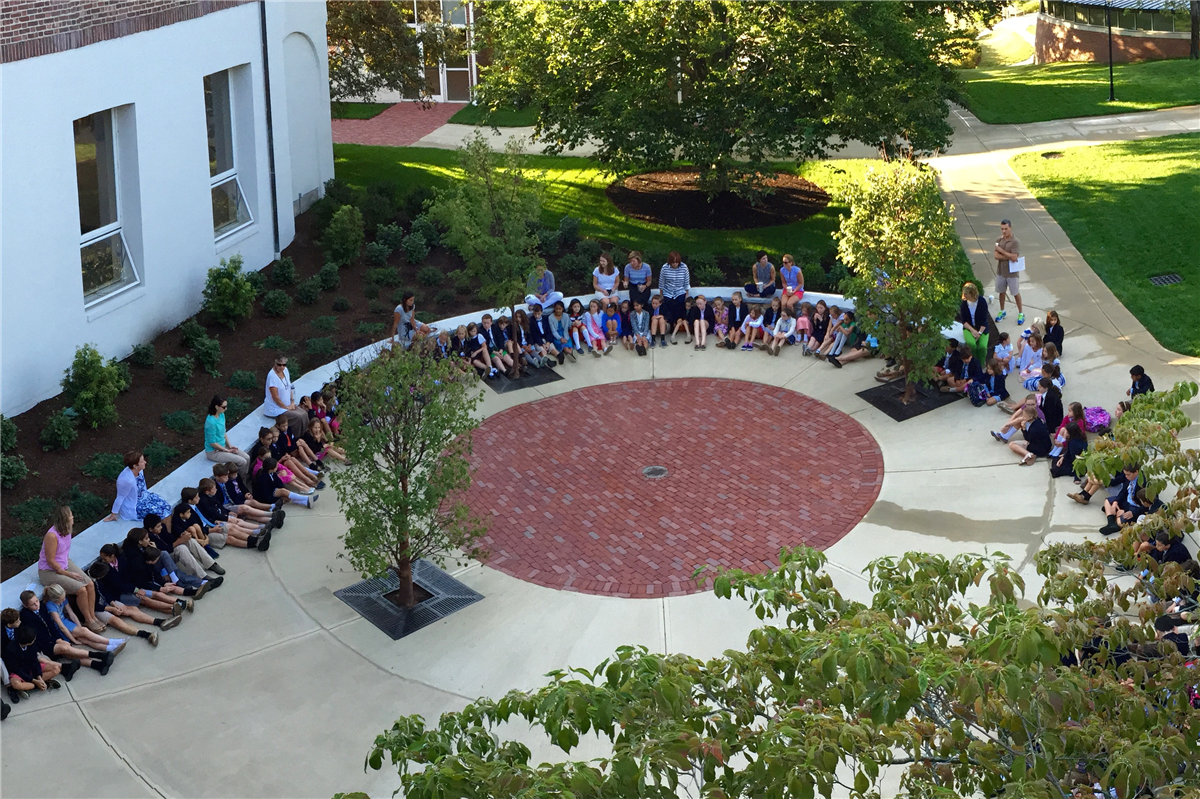
Circles of Connection

Diversity and Inclusion
At Fay, diversity is an asset, an experience, and a process. We believe that a broad range of experiences and viewpoints enhances learning and enriches life.

After-School Programs
Fay offers an extended day program until 6:00 pm and a rich array of after-school clubs for music, art, athletics, science, and more.

Leadership

Living on Campus
Boarders at Fay enjoy busy days that are structured and well supervised, but also full of friendship, warmth, and fun.

Meet Our Dorm Parents
Our dorm parents are Fay faculty, staff, and coaches - all specially trained to meet the needs of middle school boarding students.

Why Boarding at Fay?

The 2016-17 Fay Fund
The Fay Fund makes up 8% of Fay's annual operating budget and helps fund educational programs, facilities, and books and supplies. Give now!

Ways to Give
There are many ways to help Fay continue to provide an extraordinary educational experience for every student


